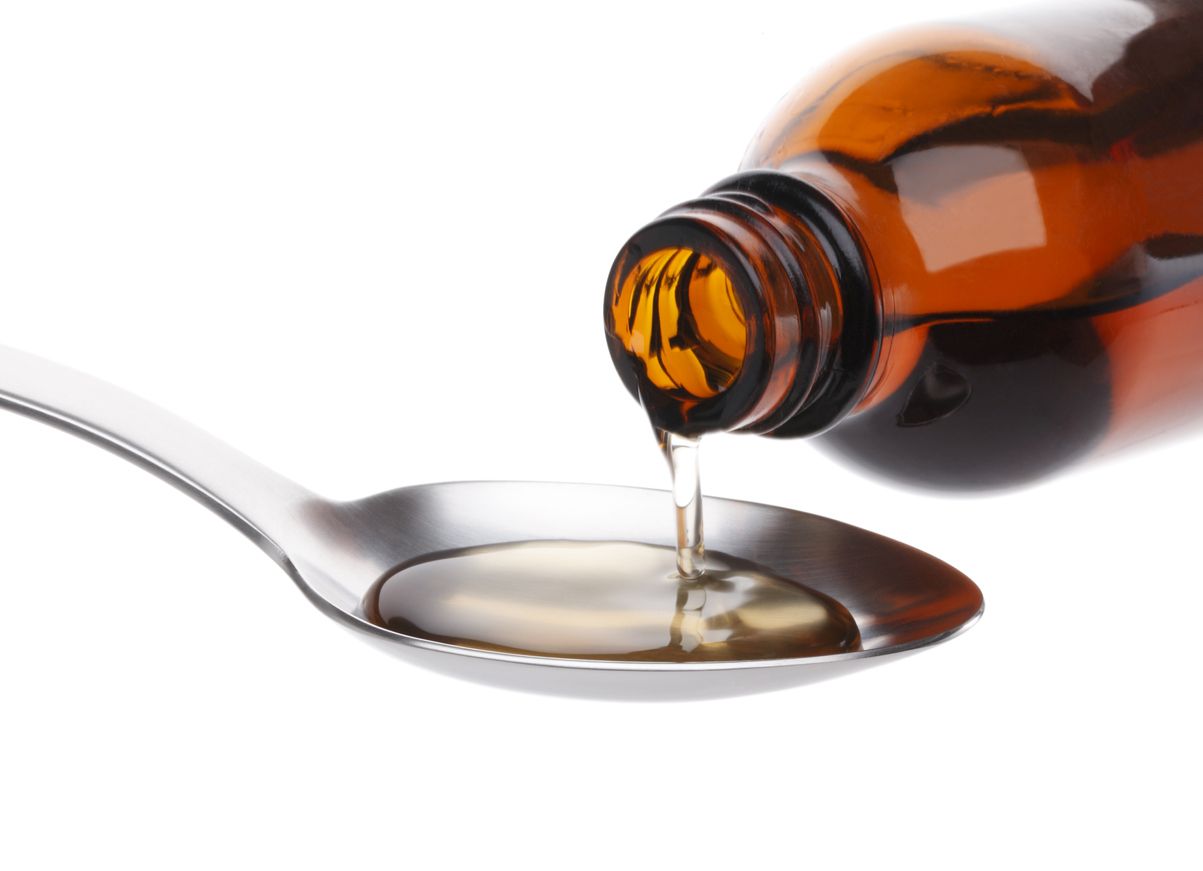
WHO issues alert against two cough syrups from India in Uzbekistan

The World Health Organization (WHO) on Wednesday (January 11) issued an alert against two cough syrups manufactured by an Indian company and being sold in Uzbekistan. The WHO said these substandard products were unsafe and their use, especially in children, may result in serious injury or death.
The two products, AMBRONOL syrup and DOK-1 Max syrup, are made by Marion Biotech Pvt. Ltd. based in Noida, Uttar Pradesh. The WHO said these “are products that fail to meet quality standards or specifications and are therefore out of specification.”
It said that the manufacturer had not provided guarantees to WHO on the safety and quality of these products.
In an alert on its website, the WHO said, “This WHO Medical Product Alert refers to two substandard (contaminated) products, identified in Uzbekistan and reported to WHO on 22 December 2022.”
Also read: Maiden Pharma didn’t test cough syrups for toxic contaminants: Report
Unacceptable amounts of contaminants
The global health watchdog went on to say that the analyses of samples of both products, undertaken by national quality control laboratories of the Ministry of Health of the Republic of Uzbekistan, found both products contained unacceptable amounts of diethylene glycol and/or ethylene glycol as contaminants.
WHO, in its alert, said it was important to detect and remove these substandard products from circulation to prevent harm to patients. It requested increased surveillance and diligence within the supply chains of countries and regions likely to be affected by these products. Increased surveillance of the informal/unregulated market was also advised. National regulatory authorities/health authorities were advised to immediately notify WHO if these substandard products were discovered in their respective countries.
Also read: Cough syrup deaths: Noida pharma firm stops manufacturing, India begins probe
On December 22 last year, Uzbekistan alleged that 18 children had died in the country after consuming cough syrups manufactured by the Noida-based Marion Biotech.
Production licence suspended
The production licence of Noida-based pharmaceutical firm, Marion Biotech, allegedly linked with the deaths of children in Uzbekistan, have been suspended, while the results of its controversial cough syrup are awaited, an Uttar Pradesh drug official said on Thursday (January 12).
A team of central agencies and the Uttar Pradesh drug department carried out an inspection at the firm’s office on December 29 and took six more samples for testing. During the inspection, the company representatives could not produce documents related to the production of Dok-1 Max cough syrup, prompting the government to order the halting of its production immediately, Gautam Buddh Nagar drug inspector Vaibhav Babbar said.
Also read: Gambia cough syrup deaths expose dirty underbelly of Indian pharma
“The production licence of the firm remains suspended, as ordered on December 29. The suspension order was issued in writing to the firm on January 10, and the firm has acknowledged it,” Babbar told PTI.
Results yet to arrive
On the status of the test results, the officer said central agencies have taken samples and the results are yet to arrive. Marion Biotech did not sell the cough syrup, Doc-1 Max, in India, and its only export was to Uzbekistan, Babbar told PTI earlier. He said the company had exported around 1 lakh syrup bottles in 45 days.
India’s central regulatory body for pharmaceuticals and medical devices, the Central Drugs Standard Control Organisation (CDSCO), has initiated a probe in connection with the deaths of 18 children in Uzbekistan, allegedly linked to Marion Biotech. The health ministry of Uzbekistan has claimed that these 18 children had consumed the cough syrup.
Hasan Harris, a legal representative of Marion Biotech, had earlier said the governments of both countries were looking into the matter. The company stopped the production of the cough syrup after the case came to light.
(With inputs from agencies)


